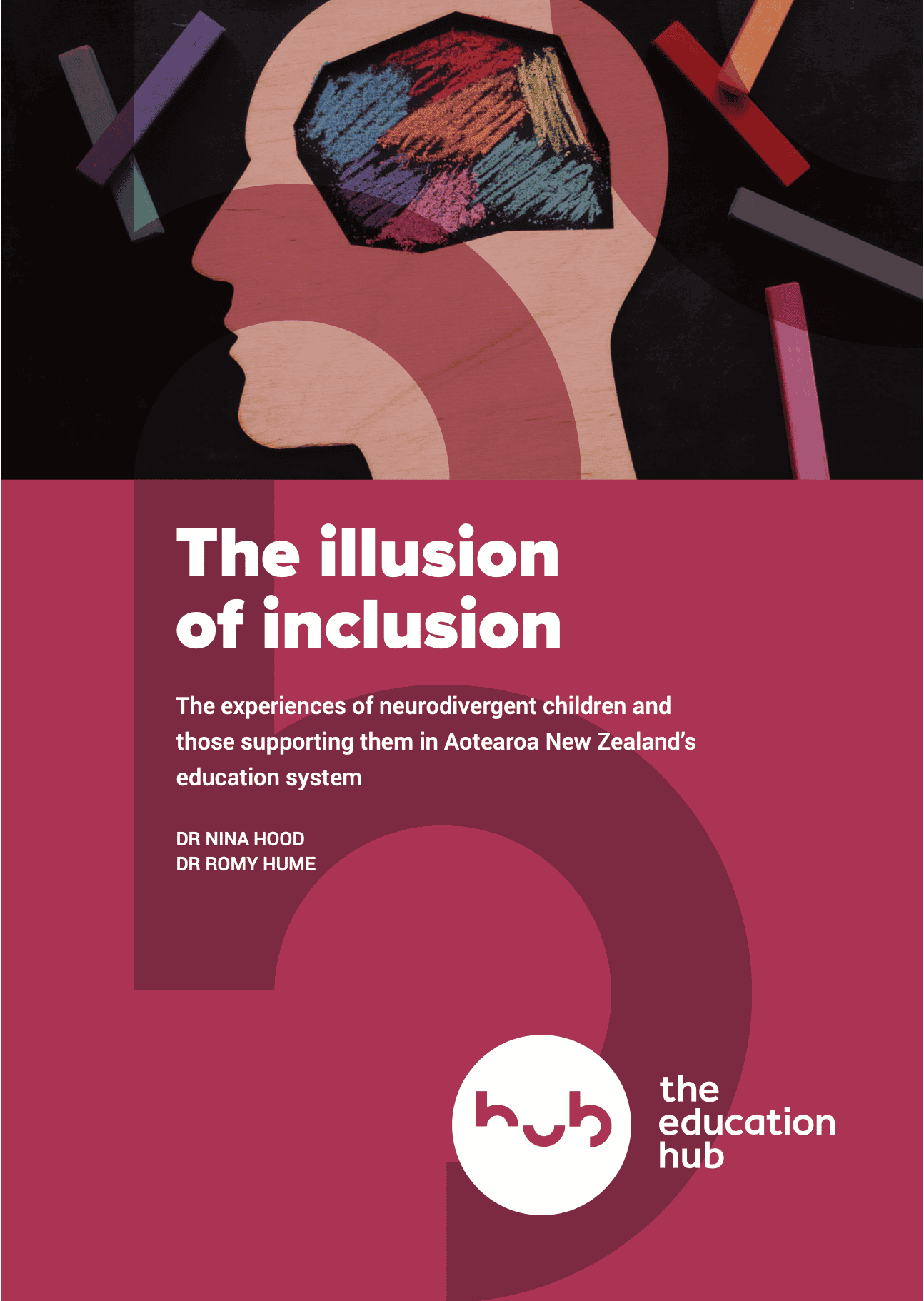The experiences of neurodivergent children and those supporting them in Aotearoa New Zealand’s education system
This report has collected the perspectives and experiences of 2,400 people engaged with neurodivergent young people – parents and whānau, teachers and education leaders, people working in support services, and neurodivergent tamariki themselves. The story it tells is nothing short of devastating. While there are individuals and organisations – schools, early childhood centres, and support services – that are doing an impressive job (often in challenging circumstances), the reality is that the system does little to support them.
There is a substantial lack of resources available to provide the types and amount of support that neurodivergent young people and their whānau need, and there frequently is a disconnect between current educational structures and systems and what the research (and personal stories) tell us best support neurodivergent children.
The purpose of this report is three-fold. Firstly, it seeks to draw further attention to the challenges and opportunities facing neurodivergent young people and their whānau, and in particular the depth of the systemic issues and the long term damage these are causing. Secondly, it gives voice to the people who are grappling with a broken system. And thirdly, it identifies what needs to happen both in the short term and in the long term to ensure that neurodivergent young people are provided with the environments, opportunities, and supports that they need to thrive throughout their lives.
Free webinar to watch
To launch the report, we held a free webinar to discuss the reports key findings and to explore what needs to happen to improve the support and opportunities neurodivergent young people receive in New Zealand. The webinar was facilitated by one of the report’s co-authors Dr Nina Hood and will host Dr Willow Sainsbury (Educational Psychologist and Lecturer at the University of Auckland), Tami Harris (CEO of Acorn Charitable Trust) and Annabelle March (Neurodiversity advocate and University Student).

